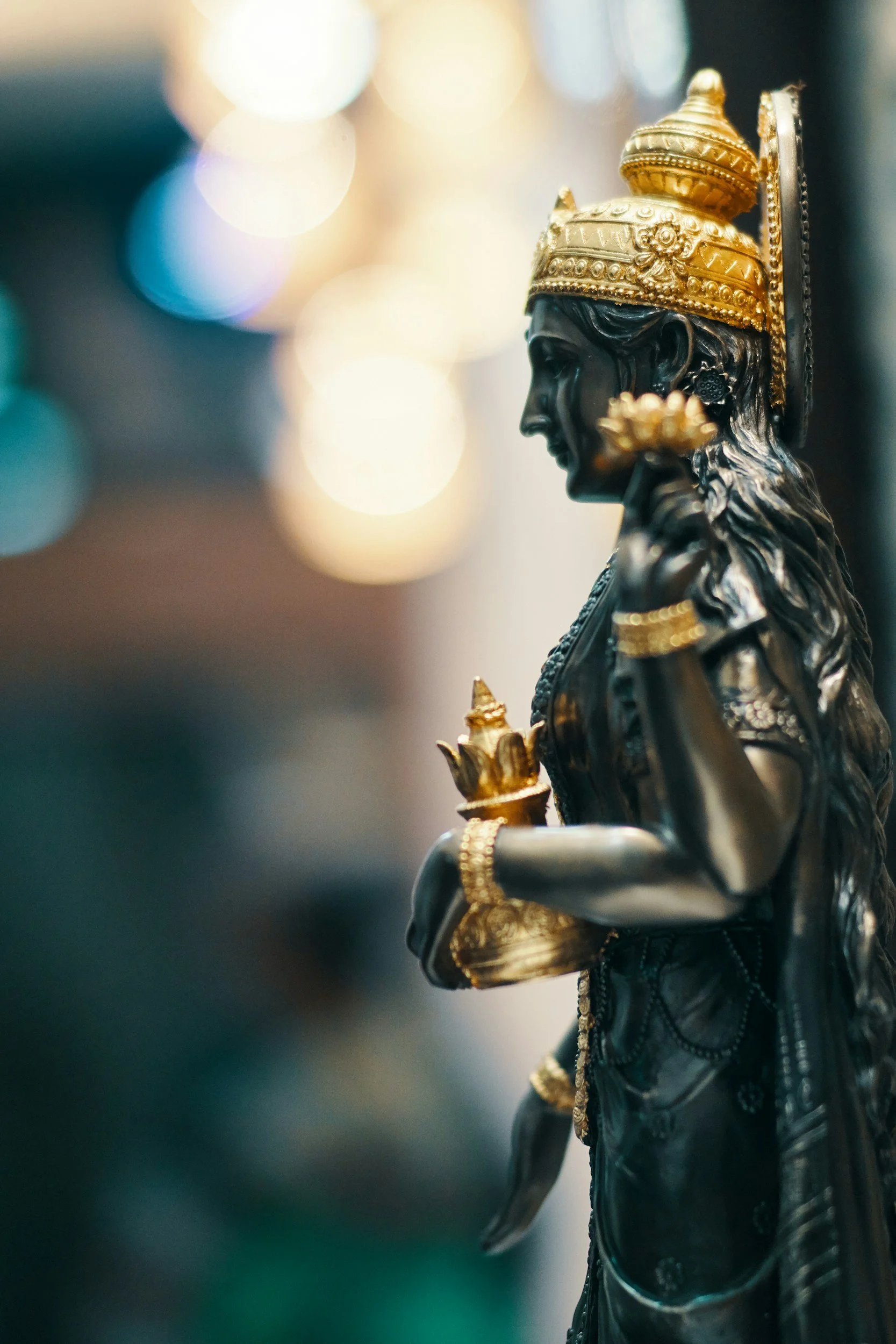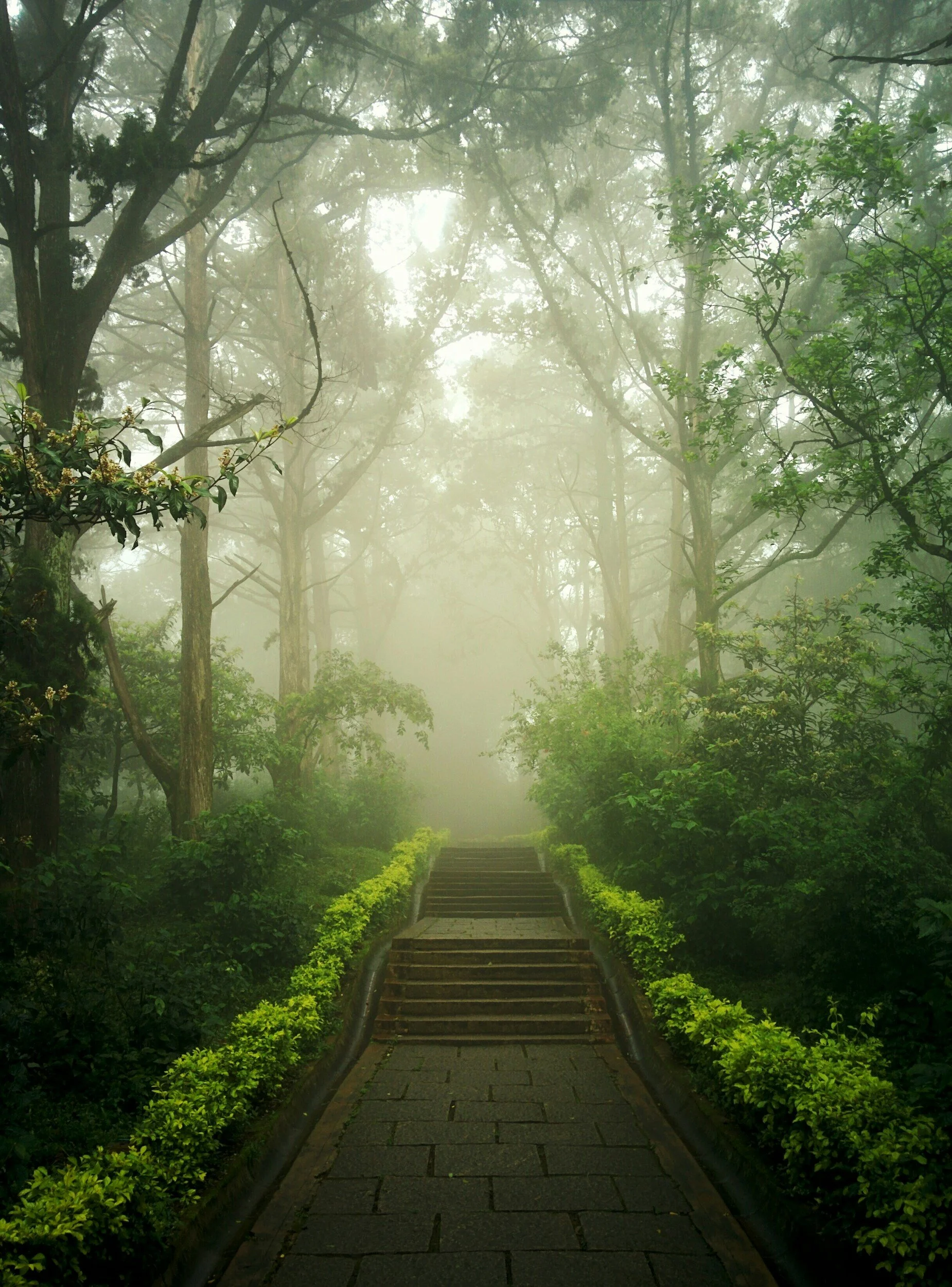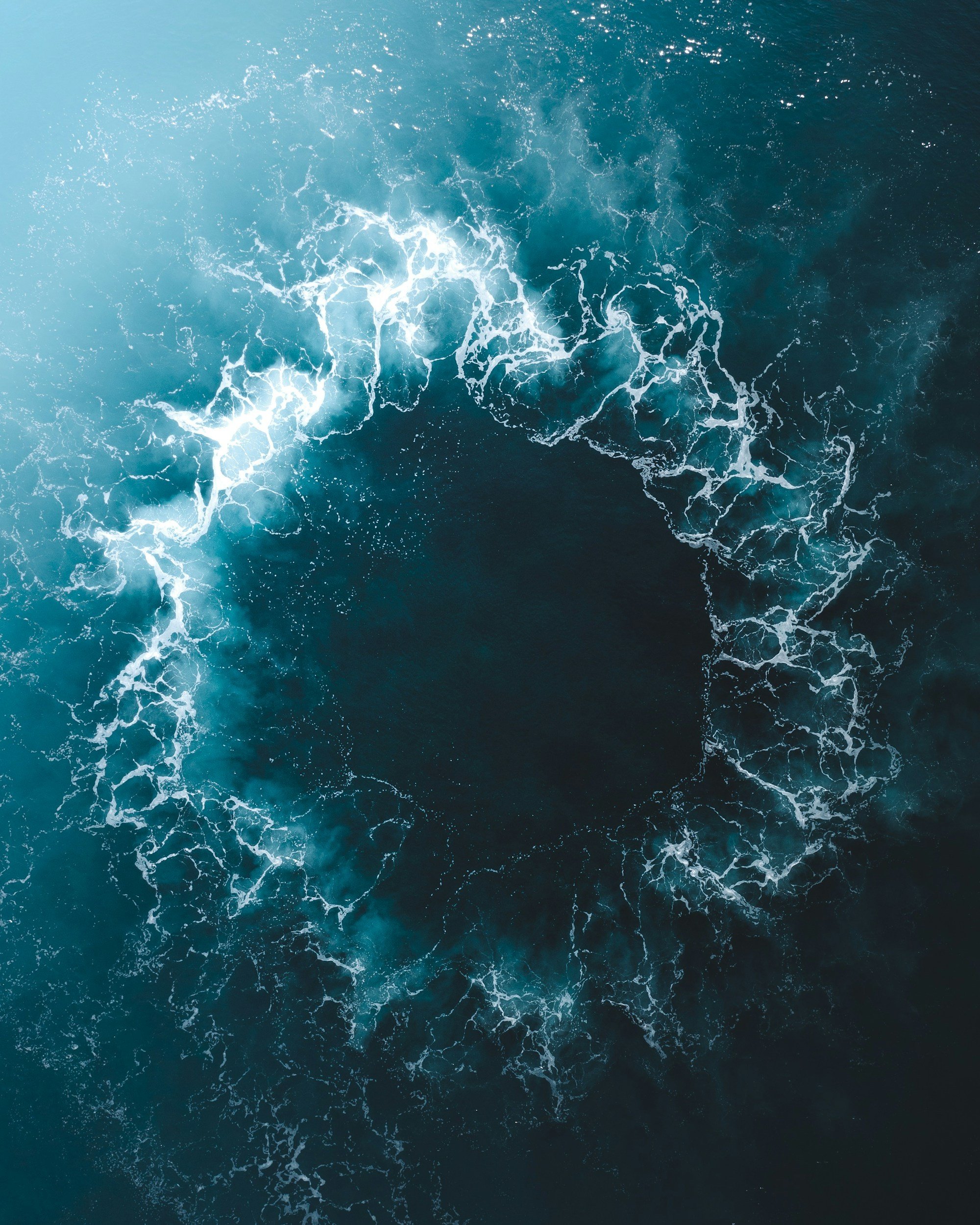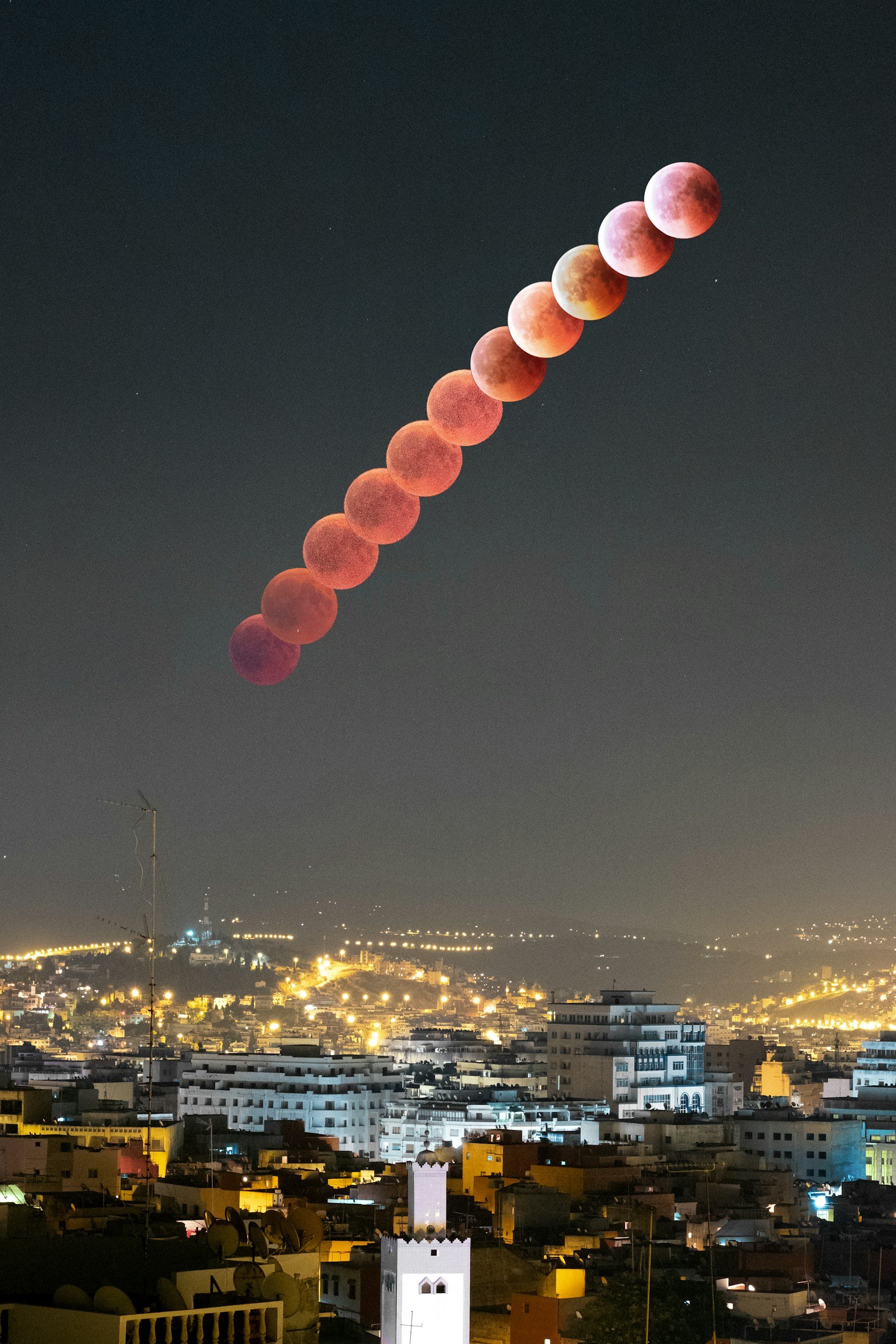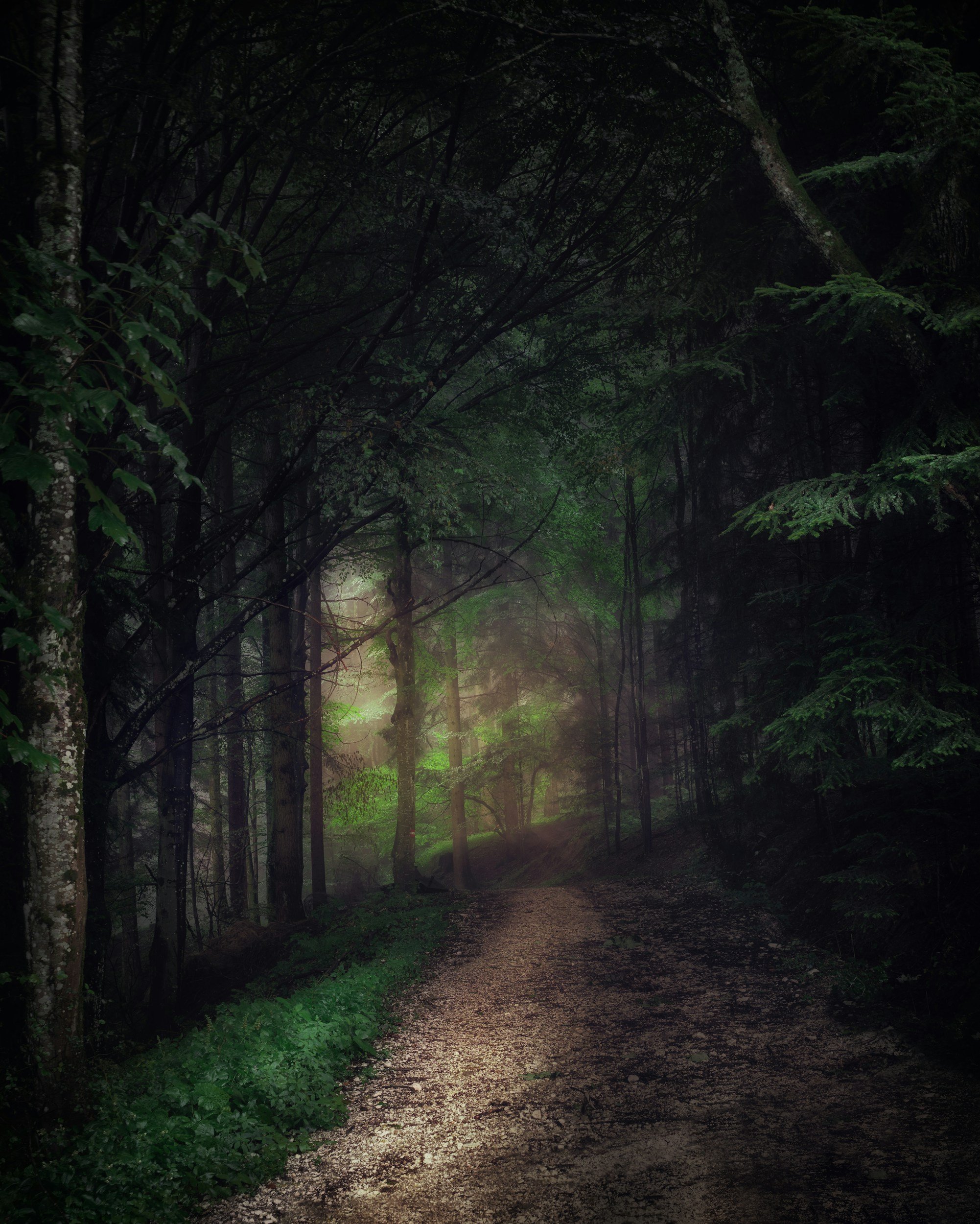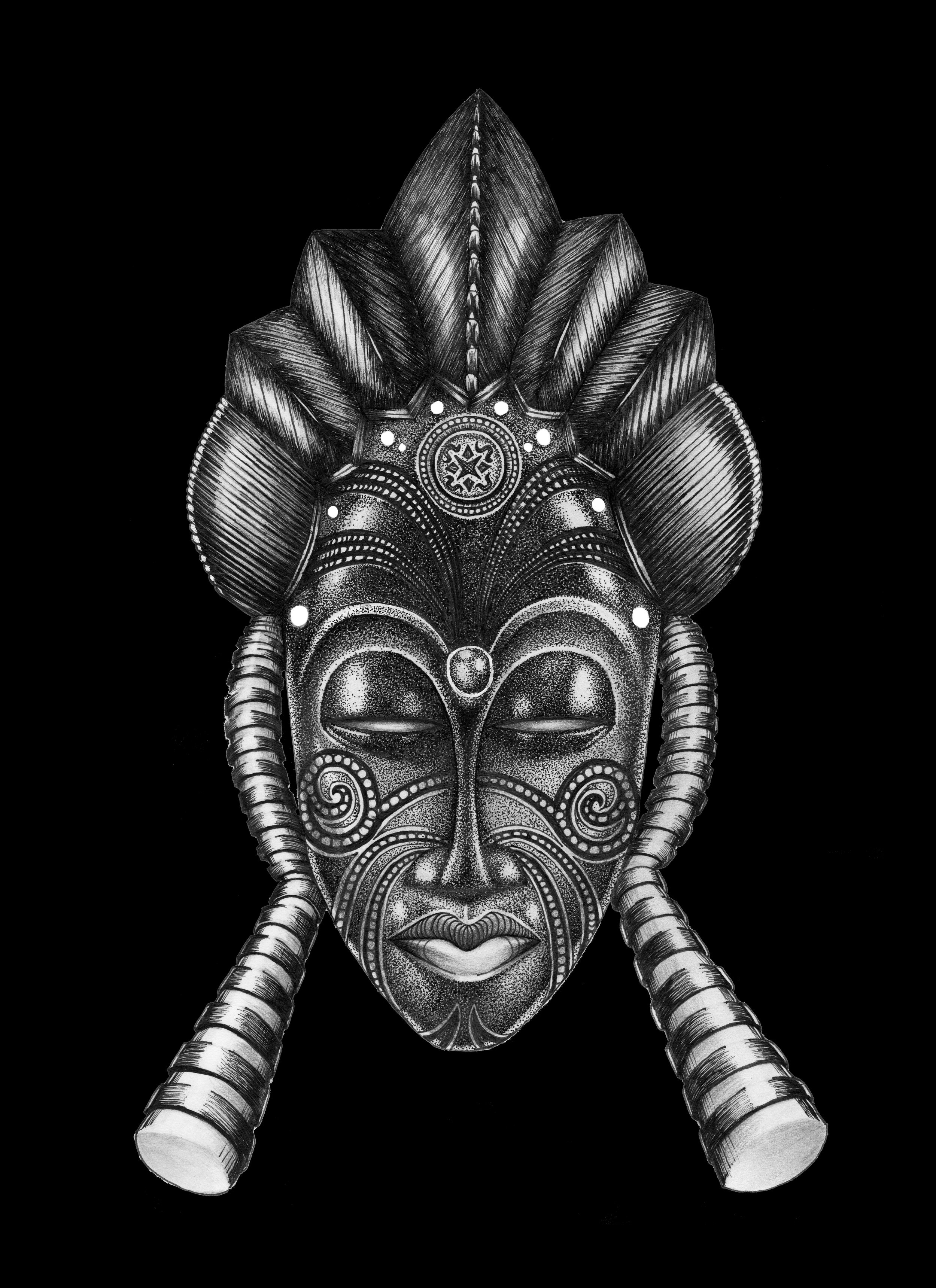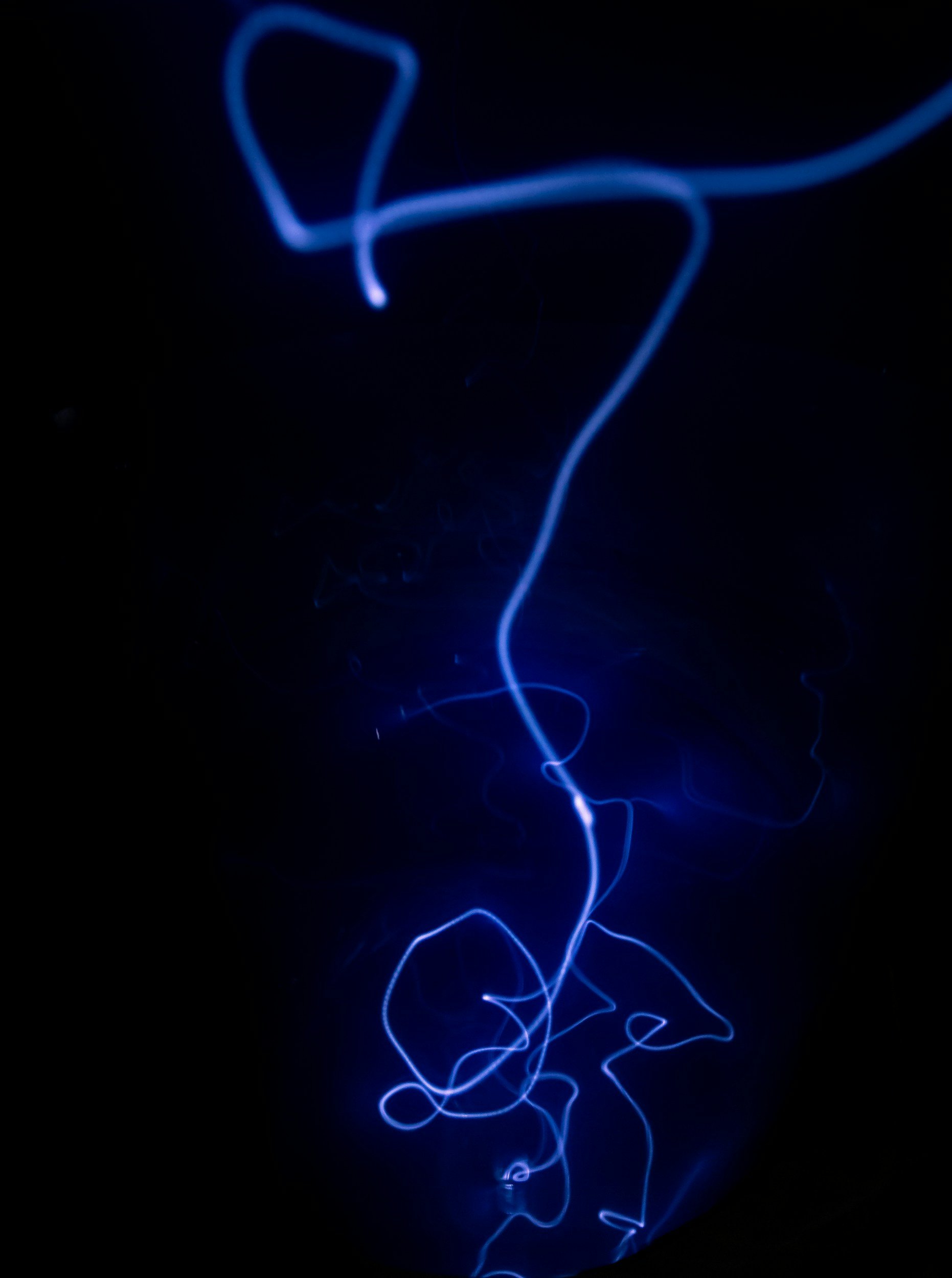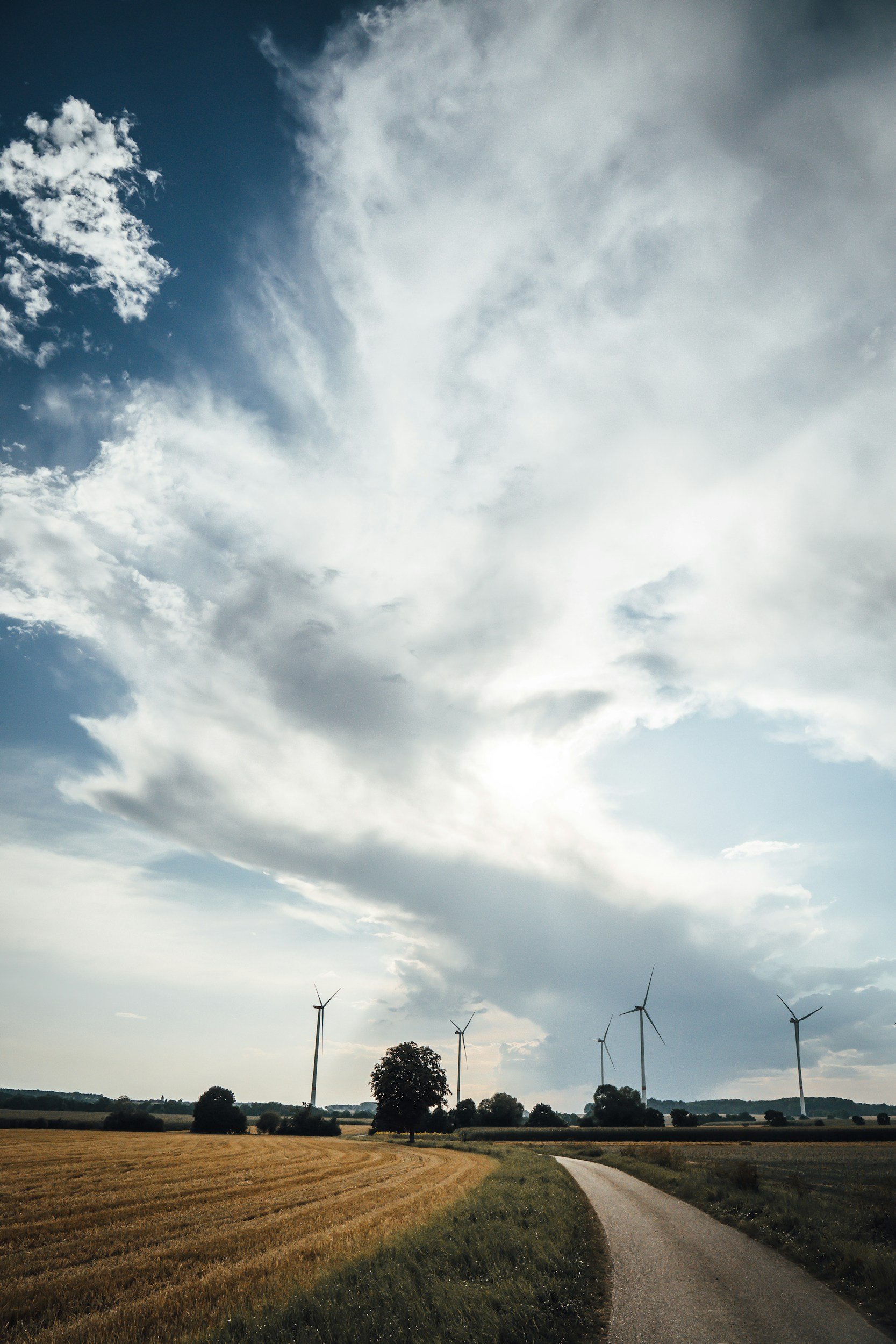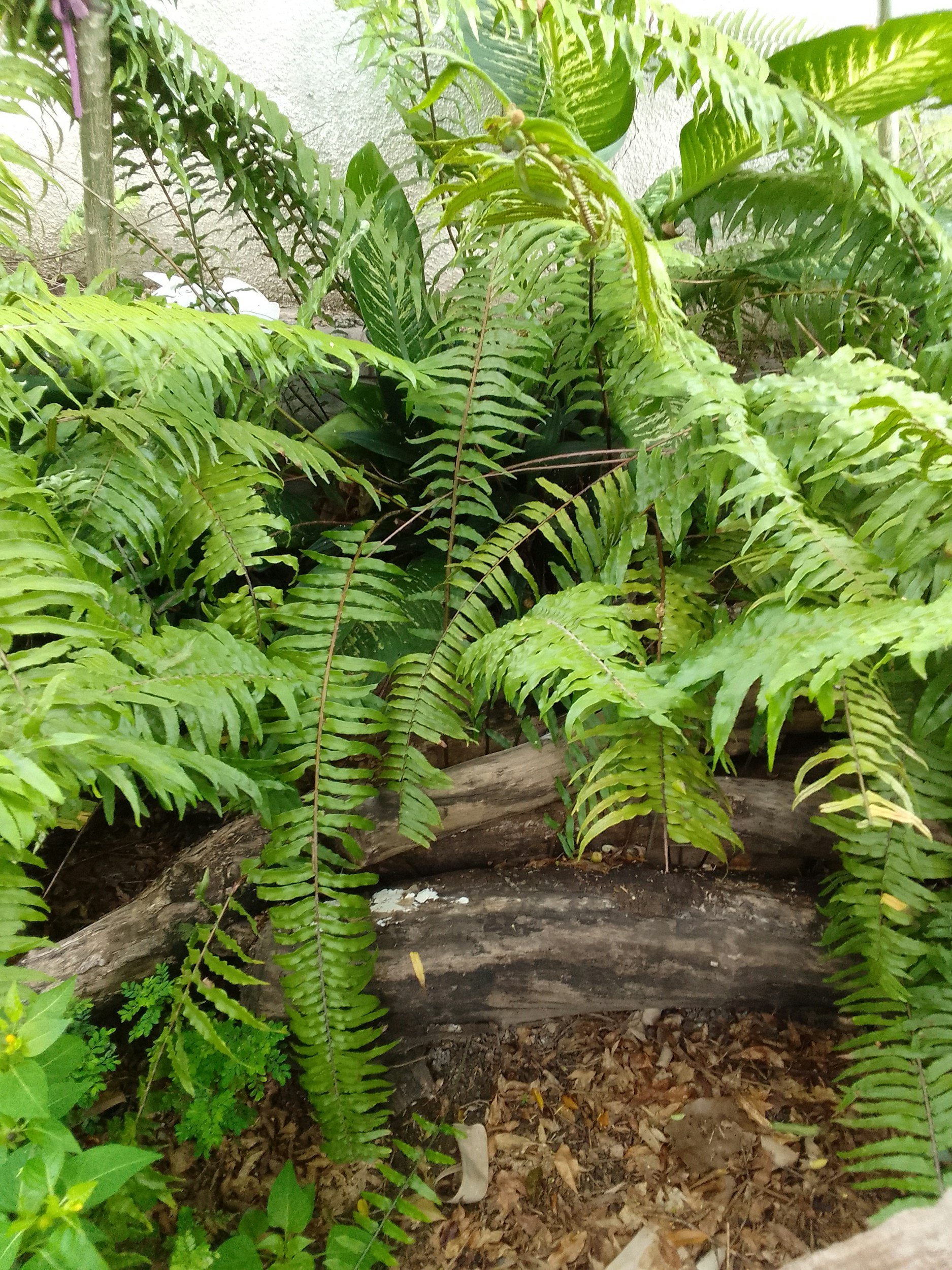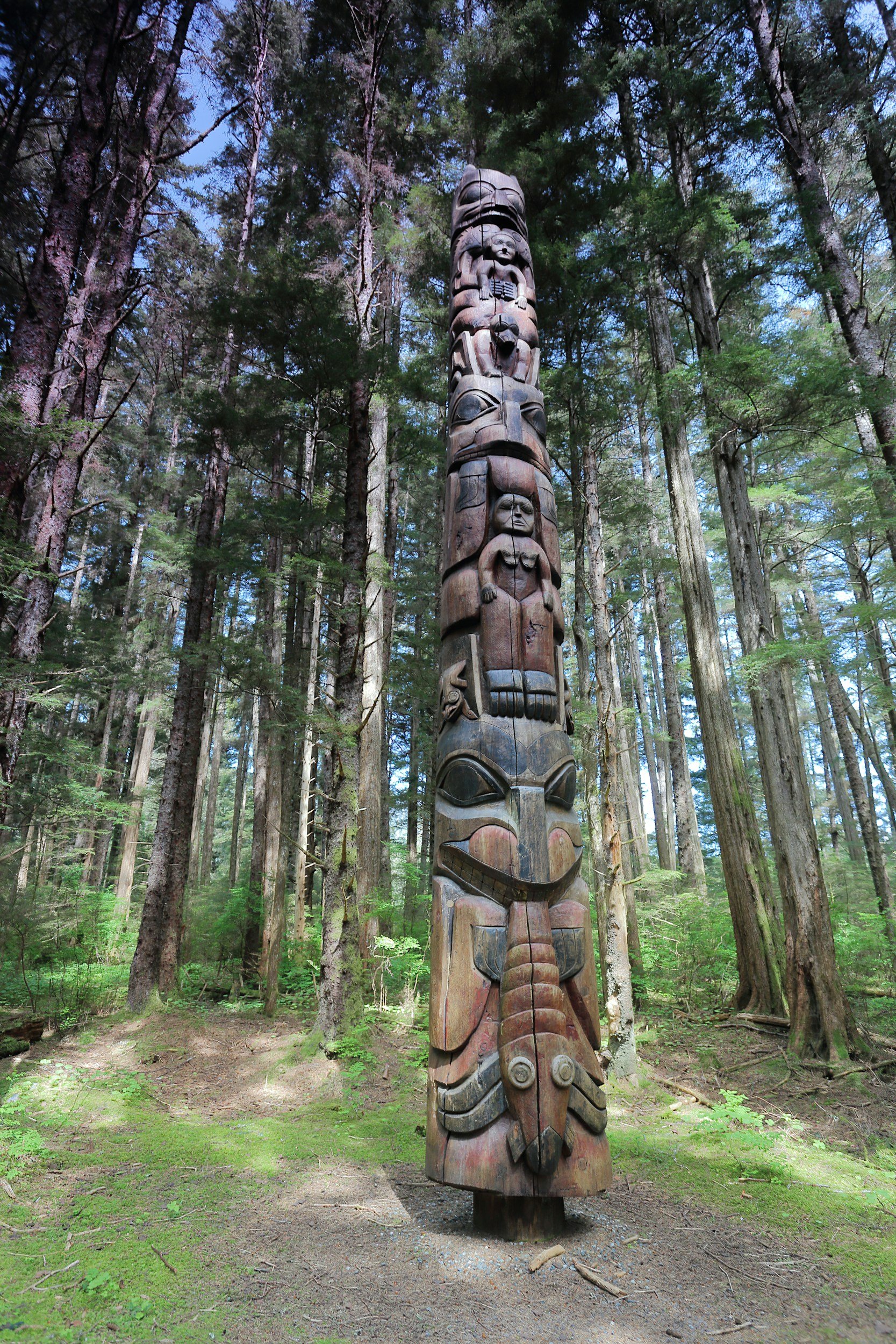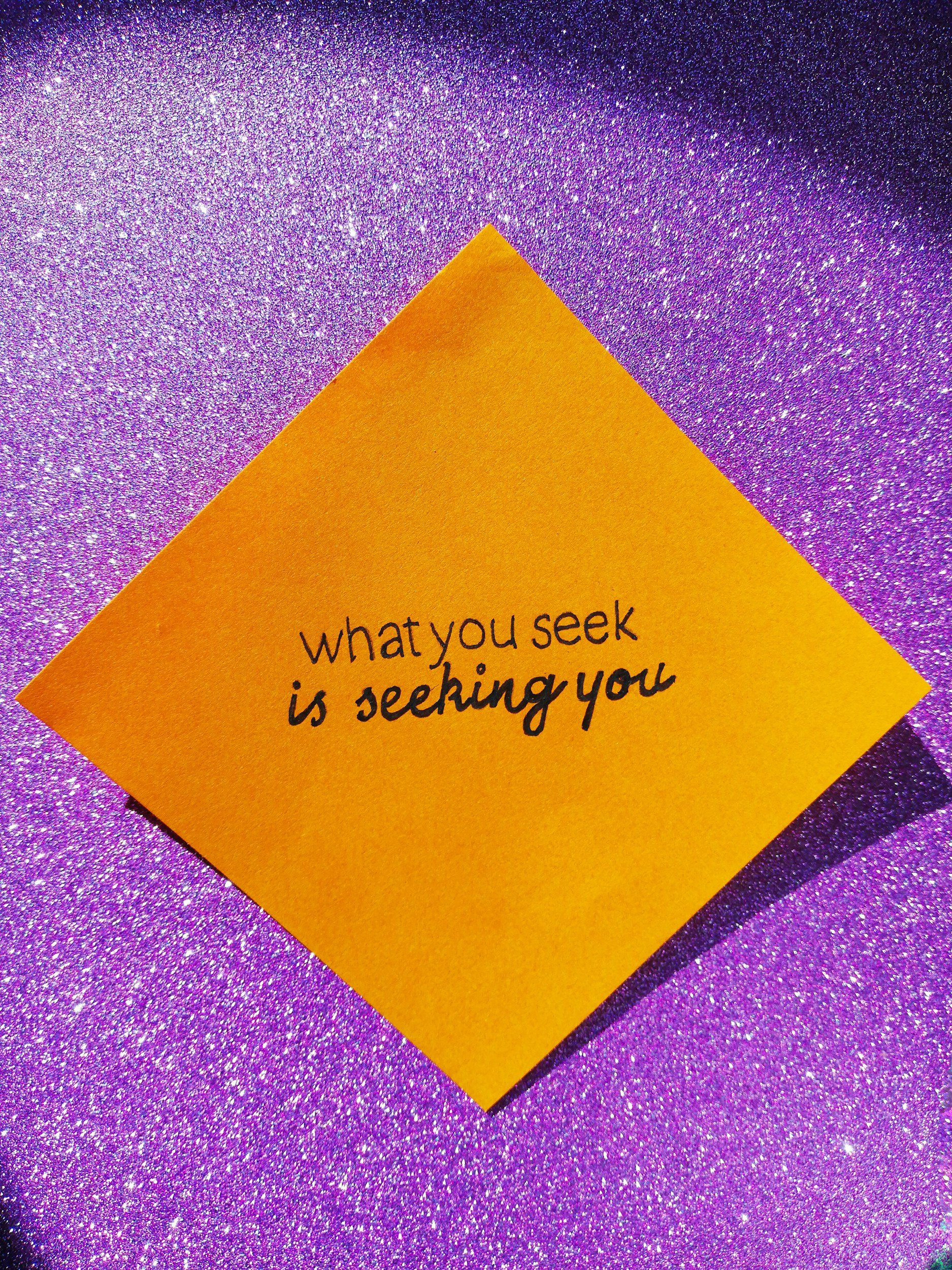UGA: The Four Igbo World Ages in Igbo Cosmology
In Igbo cosmology, UGA refers to the world ages and stages of consciousness humanity has evolved through. There are four of them prescribed in Igbo cosmology, each of them offer insight into human consciousness and its evolution. These four ages each have distinct characteristics and durations, they reflect the multidimensional nature of Igbo reality. Understanding these ages can help us gain insights into the different planes of existence, reincarnation, and the progression of spiritual consciousness in Igbo reality and Odinani.
In this post, we will attempt to shed light on some key points relating to Uga: the four world ages in Igbo cosmology.
The Multidimensional Reality of Igbo Cosmology
In Igbo cosmology, reality is viewed as multidimensional, where various ages and planes of consciousness coexist. In Igbo culture, the language used to address children which refers to their generational groups, such as Umuaka or Umuoma, and Umuazi, reflect the full spectrum and timeline of the specific ages humanity has lived through.
There is no greater history map than the language of a people itself. The naming tradition in Igbo culture till date underscores the belief that human consciousness has evolved and continues to evolve through different cycles, and by understanding these cycles, we can better align with the desired consciousness for ourselves and our descendants.
The Four World Ages
1. Uga Aka (Uga Okpu/Uga Mbu): The First Age
Duration: 4,000 years
Characteristics: This age predates the physical existence of humans in their material form. It represents pure consciousness, where beings existed in the astral plane (IJITE) as pure energies without physical bodies. It was a time of pure spiritual essence and potential, a prelude to physical incarnation. Uga Aka is the age of Oma.
2. Uga Chi: The Second Age
Duration: 3,000 years
Characteristics: This age marks the beginning of human matter and the transformation from pure energy into physical flesh. It was a period of harmony and purity still, where humans and nature consciously set out to innovate highly efficient ways of coexisting, without the concepts of death or sin. The consciousness during this age was one of self-realization and self-actualization.
3. Uga Anwu: The Third Age
Duration: 2,000 years
Characteristics: Often referred to as the Age of Enlightenment, this period saw humans begin to question and shift in consciousness. Lifespans became shorter, and there was an increased understanding of how to manipulate energies. This age is associated with the consciousness of duality, where humans started to explore their individual and collective potentials more intimately.
4. Uga Azi: The Fourth Age
Duration: 1,000 years
Characteristics: Known as the Age of Wickedness, this age is marked by crime, evil, and ignorance. It represents the lowest level of consciousness, where destructive behaviors and pestilence prevail. This age is associated with the consciousness of ignorance and vanity (Ofeke). It reveals the challenges and darker aspects of human consciousness.
Reincarnation and Planes of Consciousness
These four ages are not just timelines of existence in Igbo spirituality, they are realms of consciouness. This point might be controversial for some, but because these four ages are equally four realms of consciouness, they represent realms of incarnation which souls re-enter the world (Igbo reality) from. Each age of consciousness is ruled (better to say ‘preserved’) by the foundational spirits that guide Igbo reality, i.e Eke—Orie—Afor—Nkwo.
For example, Odinani practitioners call on Ndi Mvu (the first ones) or Ndi Ichie (ascended ancestors) in Igo Mmuo prayers, backed by the belief that these beings are still very much alive and active in their realms of existence (consciousness). It is also believed that these ascended ancestors can exercise their pure choice and decide to reincarnate into families or communities to aid the liberation of souls. This belief is an indication that they exist in a realm of consciousness that is still very active, possibly Uga Aka or Uga Chi, in spirit. In the same way lower spirits or energies are also believed to exist and are still active in certain realms of consciouness e.g Uga Anwu or Uga Azi.
The four ages: Uga Aka—Uga Chi—Uga Anwu—Uga Azi, are not merely linear in their nature but exist simultaneously in a multidimensional framework. Just as past, present, and future coexist, so too do these ages, allowing for a complex and layered metaphysical justification of human existence.
Beings or spirits can (re)incarnate from any of these planes of consciousness, each vibrating at different frequencies. Each age of consciousness is still very much alive and active in spirit (mmuo), indicating the different states of consciouness our spirits can inhabit.
Current Age: Uga Anwu or Uga Azi?
There is a debate about which age we currently inhabit. Some believe we are in Uga Anwu, the Age of Enlightenment, while others argue we are in Uga Azi, the Age of Wickedness. Both perspectives have valid reasons, reflecting the complexities of human experience and consciousness. My position however, is that it is also possible that we are simultaneously experiencing aspects of multiple ages depending on our levels of consciousness, one person maybe vibrating at Uga Chi level of consciousness, while another maybe equally vibrating at Uga Anwu level of consciousness.
We understand from ancestral wisdom that all souls do not occupy the same level of consciousness, just as in Igbo reality there are those referred to as Omalu (enlightened ones), there are also those referred to as Ofeke (ignorant or consciously childlike ones). These realities in Igbo language are indicators that everyone could be living under the same time frame but it does not necessarily mean everyone is operating from the same level of consciousness.
Final Thoughts
The four world ages of Igbo cosmology—Uga Aka, Uga Chi, Uga Anwu, and Uga Azi, provide a rich framework for understanding the evolution of human consciousness and spiritual existence. We can better align with our higher selves and navigate the complexities of life in our world by studying these cycles and their characteristics.
Whether we find ourselves in the Age of Enlightenment or the Age of Wickedness, or perhaps both, the wisdom of our ancestors can offer us guidance and insight for our spiritual journeys. Jisie ike!
Recommended Resources:
Uga—the Four World Ages in Igbo Cosmology | Oma’s Odinani Mystery School (YouTube)
Iji Ala: An Ancient Igbo Sacred Science of Energy Management and Harmonization for the Present World | Nze Izo Omenigbo (Chukwukadibia E. Nwafor)
The Igbo Four World Ages | Ugo Nwamama (Blog)
'Uga' Igbo Four World Ages - Untold Story of Our Ancestors Spiritual Journey | Medicine Shell (YouTube)

